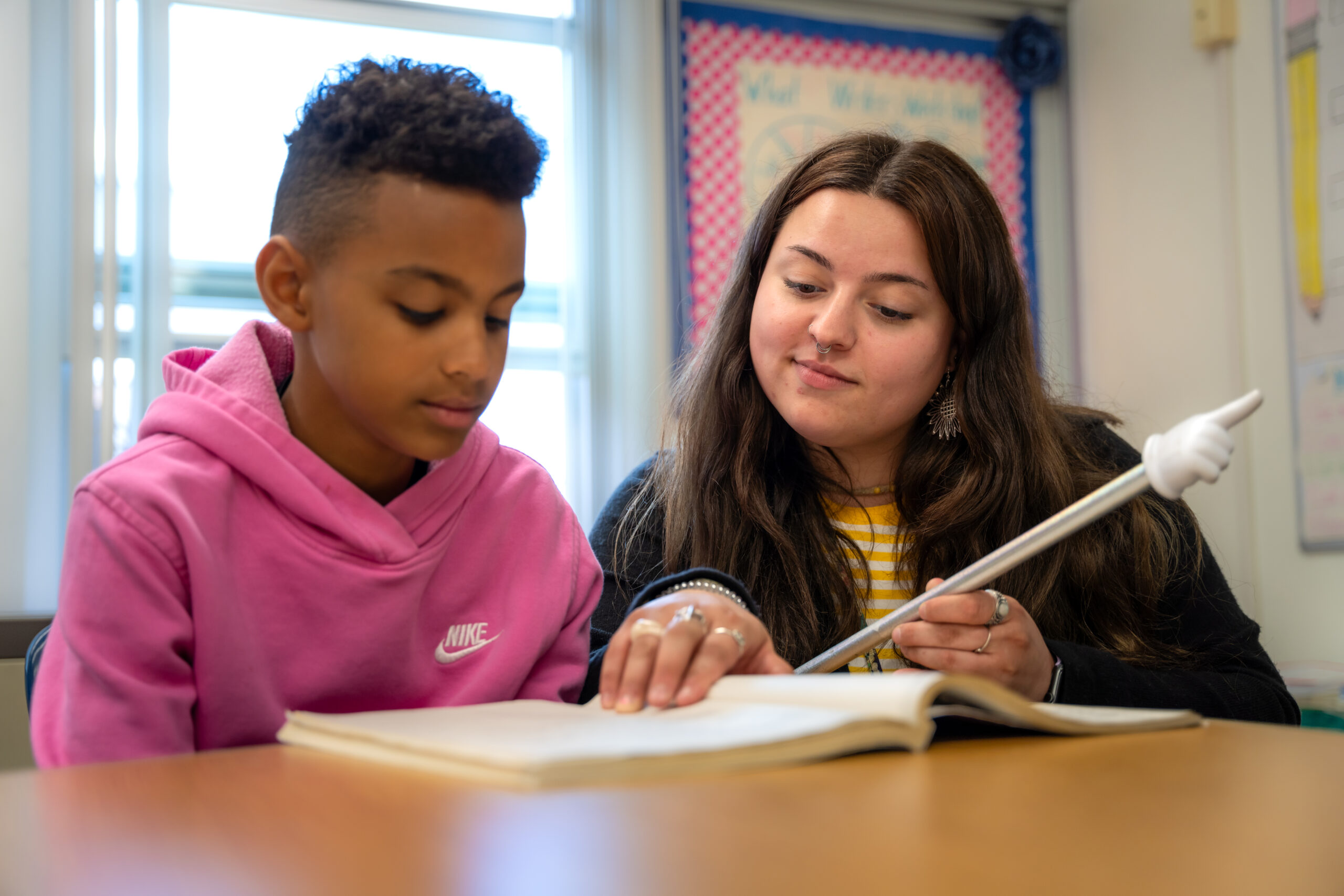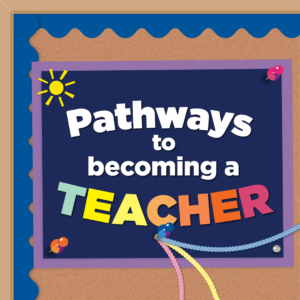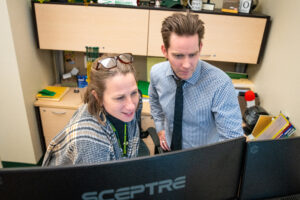Here are some common myths about becoming a teacher in New York State if you are a teacher in another state.
Myth 1: “You Must Have a Master’s Degree Before You Can Teach in New York”
Reality: You don’t need a master’s degree to start teaching in New York. If you have a bachelor’s degree and meet the initial certification requirements, you can obtain an Initial Certificate, which allows you to teach while you work toward your master’s degree, which can be done online.
- The Timeline: You have up to five years from the date of your Initial Certificate to complete a master’s degree program. This flexibility is designed to let you gain classroom experience while pursuing advanced education.
Myth 2: “Transferring My Certification Will Be Too Complicated or Expensive”
Reality: While there are steps involved, New York does not have automatic reciprocity agreements with other states. Instead, out-of-state teachers must apply through NYSED and meet New York-specific certification requirements. Depending on your credentials, you may need to:
- Provide proof of your out-of-state certification
- Submit transcripts and teaching experience documentation
- Complete New York-specific workshops (Child Abuse, School Violence, DASA)
- Pass any additional required exams (depending on your subject area)
Financial Support: Grants like the Albert Shanker Grant can help cover certification-related costs.
Myth 3: “Teachers Are Only Needed in New York City”
Reality: While there is a high demand for teachers in New York City, there are also significant teacher shortages in many districts in New York State. Fields such as Special Education, STEM, and Bilingual Education are especially in demand across the state. Many rural districts offer incentives, including signing bonuses and loan forgiveness, to attract talented educators.
Myth 4: “Out-of-State Experience Won’t Count”
Reality: Your teaching experience in another state does count. New York State considers prior teaching experience during the certification process, which may reduce the number of requirements you need to fulfill. For example, if you’ve taught for several years, you might qualify for a Professional Certificate more quickly.
Myth 5: “The Certification Process Will Take Years”
Reality: If you meet the basic requirements, you can begin teaching quickly under a Transitional Certificate or an Initial Certificate, allowing you to start working while completing any additional requirements. Many out-of-state teachers are classroom-ready within a few months.
Myth 6: “It’s Hard to Find Financial Support for Certification”
Reality: New York offers several programs to support teachers financially:
- Teacher Loan Forgiveness Program: For those teaching in high-need areas.
- Albert Shanker Grant: Covers costs related to workshops and exams.
- TeachNY Resources: Provides coaching, mentorship, and connections to job openings to ease the transition. TeachNY also has a fee reimbursement program to assist the costs associated with becoming a teacher.
Myth 7: “New York’s Licensing Exams Are Overwhelming”
Reality: While New York does have specific exams, they’re manageable, especially if you already have teaching experience. The Educating All Students Test (EAS) and Content Specialty Tests (CST) focus on areas you’ve likely covered during your training and professional experience. Plus, preparation resources and coaching are widely available.
Myth 8: “I’ll Have to Start Over at Entry-Level Pay”
Reality: Many school districts in New York honor out-of-state teaching experience when determining your placement on the salary scale. This means you’re likely to receive credit for years of service, so you won’t start at the bottom of the pay scale for New York teachers.
Myth 9: “I’ll Be On My Own During the Transition”
Reality: New York provides a wealth of support for new and transitioning teachers. Programs like TeachNY, college advisers, and campus and local teacher organizations offer resources, mentorship, and one-on-one guidance to help you navigate the certification process, job search, and classroom integration.
Final Steps: How to Get Started
- Create a New York TEACH account and begin your certification application.
- Explore SUNY’s graduate teacher education programs, available online and in-person.
- Check TeachNY resources for coaching, job placement, and financial support.
By busting these myths, you can approach your move to New York with clarity and confidence. Teaching in New York may take a bit of preparation, but it’s far more accessible—and rewarding—than many out-of-state educators realize!




